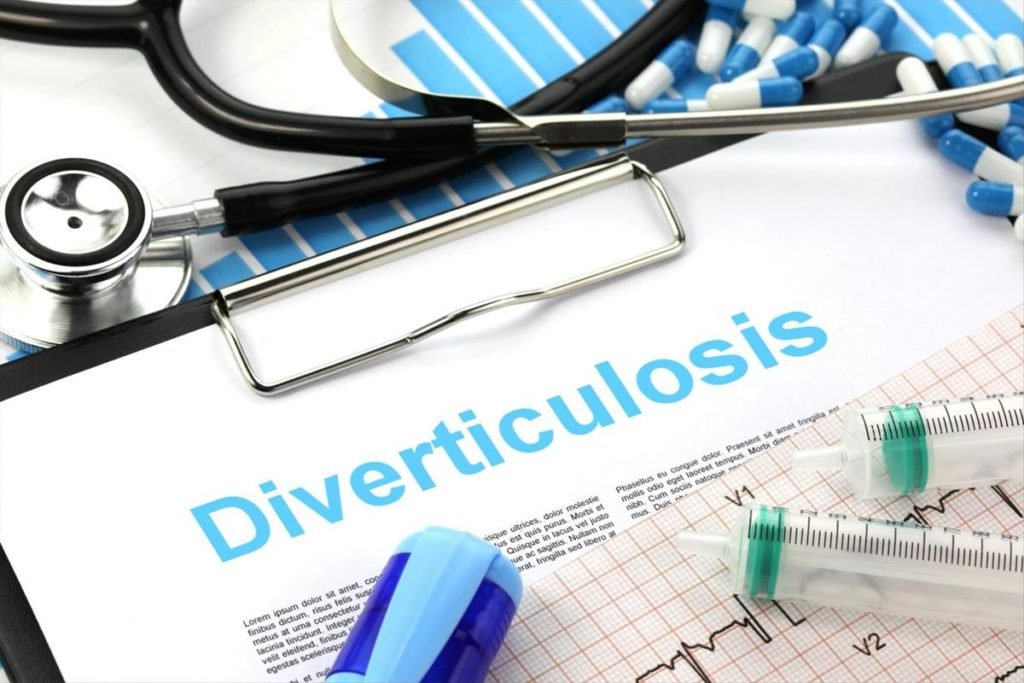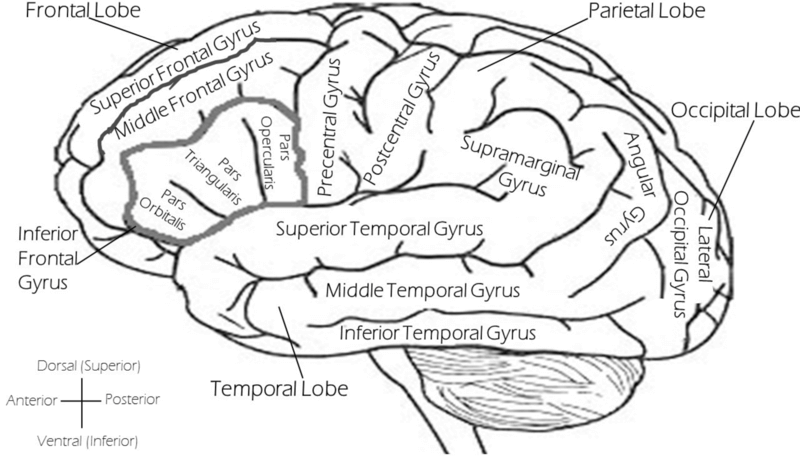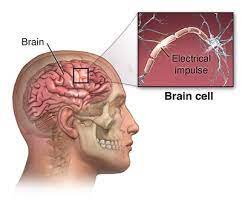Information on this site shall be considered as holistic, alternative and spiritual advice only. For medical advice and treatment a GP, medical professional and/or Certified Hijama Therapist should be consulted. In all circumstances where lifestyle changes, supplements, or other foods are suggested your GP should be consulted. Client Safety is the number one priority.
Hijama / Cupping Points Treatment Plan for Colon Diverticulitis
Allow 2-4 weeks between sessions – longer if required. Hijama Points shown for each session should ONLY be used to guide the therapist. Body size, cup size, and any other conditions need to considered and appropriate care and attention taken. The number of sessions shown can be increased or reduced depending on the condition of the client.
Complete Treatment Plan
Click here for Session 1Click here for Session 2
Click here for Session 3
Click here for Session 4
Use the standard hijama points as an additional or as separate standalone sessions.
Standard Wet Points – 1,55,120,49
Click here for Hijama / Cupping Points on the back of the bodyClick here for Hijama / Cupping Points on the front of the body
If the client has a complicated history and numerous concerns then it is a good idea to use our online consultation service – click here.
Diverticula Overview
Strangely enough this disease – diverticula, (pronounced die-vur-tik-yoo-LOE-sis) – was quite rare before the 20th century. It has in more recent times become a common health problem affecting many in the Western world. It’s part of a group of conditions that affect your digestive tract.
The most serious type of diverticular disease is diverticulitis, which causes extreme discomfort and can lead to serious complications. Without appropriate care and attention these symptoms can lead to some long-term health problems.

Diverticular occur as small, bulging pouches forming in the lining of the digestive tract. They mostly occur in the lower part of the colon (large intestine) and are common after 40, but rarely cause problems. These pouches can become inflamed and then infected which leads to the condition known as diverticulitis. Symptoms of which can cause abdominal pain, fever, and nausea.
Mild diverticulitis is treatable through simple rest, change in direct and antibiotics. If the problem keeps reoccurring your physician may feel surgery is required.
Symptoms
The signs and symptoms of diverticulitis include:
- Abdominal pain, which is persistent and lasts for days. The site of the pain is generally lower left however sometimes the right side of the abdomen may also be in pain.
- Nausea possibly vomiting.
- Tenderness around the abdomen.
- Constipation or, in rarer cases, diarrhea.
- Fever.
Causes of Diverticulitis
The pouches on your intestines get inflamed or infected when they tear or become blocked by poop. Your chances of getting diverticulitis rise with age. It’s more common in people over 40. Other risk factors include:
- Being overweight
- Smoking cigarettes
- Not getting enough exercise
- Eating lots of fat and red meat but not much fiber
- Taking certain kinds of drugs, including steroids, opioids, and nonsteroidal anti-inflammatories like ibuprofen or naproxen
Diverticular disease develops when pouches form along your digestive tract, typically in your colon (large intestine). These pouches are known as diverticula. They form when weak spots in your intestinal wall balloon outward.
Diverticulitis happens when diverticula become inflamed and in some cases infected. This can occur when feces or partially digested food blocks the opening of the diverticula.
There’s no single known cause of diverticular disease. Instead, experts believe that multiple genetic and environmental factors likely contribute to its development.
Treatment for Diverticulitis

The treatment that your doctor prescribes for diverticulitis will depend on how severe your condition is.
Uncomplicated diverticulitis can typically be treated at home. Your doctor might encourage you to make changes to your diet. In some cases, they might prescribe medications including antibiotics.
If you develop complications from diverticulitis, you’ll probably need to visit a hospital for treatment. You may be given fluids and antibiotics through an intravenous (IV) line. Depending on the type of complication, you might need to undergo surgery or another procedure.
Typical Medical Approach
The below are two typical approaches which the medical industry uses:
- Needle drainage, where a needle is inserted into your abdomen to drain an abscess of pus
- Surgery to drain an abscess of pus, repair a fistula, or remove infected segments of the colon




